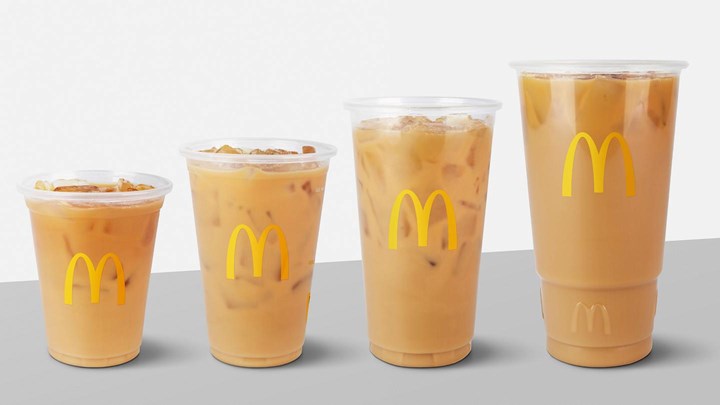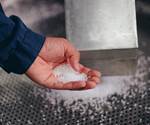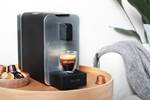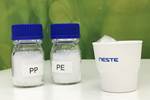McDonalds is Testing 50/50 PCR/Biobased Clear PP Cups
Ineos and Pactiv Evergreen are key part of the team in this project.

McDonald’s is testing clear cups sourced from recycled and biobased materials, in one of many steps that will help the company meet its goal of sourcing 100% of its guest packaging from renewable, recycled or certified sources by 2025.
The company has partnered with a team from polyolefins producer Ineos and global manufacturer of aluminum, paperboard and plastic packaging Pactiv Evergreen. An Ineos spokesperson confirmed that the test cups are sourced from a 50-50 mix of post-consumer waste plastic material and biobased PP.
“Ineos has supplied the “Advanced Recycled PP”, based on advanced chemical recycling which converts waste plastic back into its raw materials for use again in next generation plastic production. The Ineos process is certified by ISCC Plus through its mass-balance attribution method. The mass-balance methodology allows certified entities to measure and track recycled inputs that are combined with traditional fossil-fuel sources. This certification of Ineos’s plants validates ISCC Plus objectives are met, and enables the development and offering of a wide range of olefin and polymer products derived from recycled waste plastics.”
Because Ineos did not provide the biobased material, this spokesperson declined to comment further on its source. As we have reported in recent years, companies that have developed biobased PP include Braskem, SABIC, Borealis and LyondellBasell. The latter two have produced PP based on Neste’s Nexbtl renewable hydrocarbons derived from sustainable biobased raw materials, such as waste and residue oils.
Ongoing trials, with one of the world’s largest restaurant companies, presents a significant step forward in developing renewable products, reducing emissions and waste. Said Mike Nagle, CEO Ineos Olefins & Polymers USA, “We believe the future of packaging materials needs to become more circular wherever possible. Working together with our customers, we can help them to meet their pledges and commitments in this area. To take plastic waste back to virgin plastic is the ultimate definition of recycling and will create a truly circular approach.”
Related Content
-
Resin Prices Still Dropping
This downward trajectory is expected to continue, primarily due to slowed demand, lower feedstock costs and adequate-to-ample supplies.
-
Melt Flow Rate Testing–Part 1
Though often criticized, MFR is a very good gauge of the relative average molecular weight of the polymer. Since molecular weight (MW) is the driving force behind performance in polymers, it turns out to be a very useful number.
-
Prices of All Five Commodity Resins Drop
Factors include slowed demand, more than ample supplier inventories, and lower feedstock costs.












.png;maxWidth=300;quality=90)



